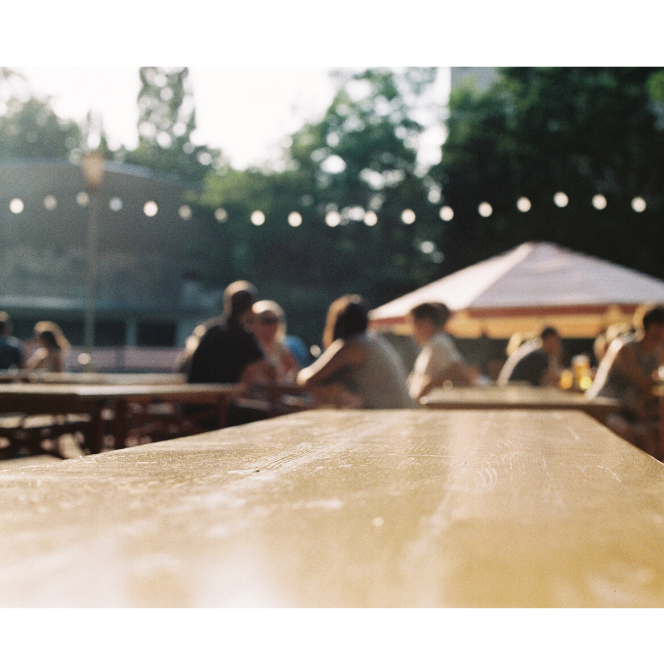I am often asked the question why am I so passionate about rural pubs when I rarely drink alcohol? Put simply, as highlighted by the work of the Plunkett Foundation and Pub is the Hub, there is much more to pubs than alcohol, and it is this combined with personal experiences of rural living that sparked my research interest in pubs, especially rural pubs.
Throughout my life, I have resided within a village in the county of Lincolnshire. Over the years, I have witnessed the closure of many village services from Post Offices to pubs. As a result of local media reporting and repeated sporadic closure, it was the pub that repeatedly caught my eye and led me to ponder on issues such as what the pub means to communities, the wider public as well as for pub users.
Whilst many of us can relate to the, often idealised, image of the rural pub there has, as documented by CAMRA, been a decline in number across England. The impact of which has tended to be overlooked as an area of sociological research, overshadowed by debates around pub patriarchy, ‘binge’ drinking, the growth of night time economies. This lack of knowledge combined with my research interests provided the backdrop to my PhD, which looked at the public house in the rural community.
Using qualitative methods and the study site of Lincolnshire my research highlighted that rural pubs are perceived and experienced as economically, socially and culturally important, and that different groups attach different levels of importance to these depending on how they see the village pub. Using this research, and contribution to knowledge and practice it offered, I have hosted public engagement events to facilitate discussions between publicans, community groups and village residents on what they need to consider when diversifying to aid the sustainability of their local.
Diversifying continues to be a core method in the long-term sustainability of pubs. From providing meals to libraries pubs offer their communities far more than just a place to drink. In the face of adversity, they can help a community come together and support those in need. The pandemic provides a perfect example of this. Whilst pubs were forced to close on 20th March 2020 as part of the Government strategy to slow down the transmission of coronavirus some took it upon themselves to adopt new ways to support and serve the most vulnerable in their community. As highlighted in the news (Shearman, 2020; Nilufer, 2020) pubs across England through methods such as meals on wheels, virtual quizzes, and catch ups, community kitchens and foodbanks. In doing this, pubs have not only highlighted their adaptability but also the varied role they play in supporting the well-being of their communities.
As we emerge from this pandemic it is important for us not to forget the important role pubs have played throughout history in supporting their communities. Pubs are often taken for granted institutions, with many of us assuming they will always be there but the reality is there has, over time, been a documented decline in their number. The consequences being the loss of a social and cultural hub, which as my on-going work indicates has wide implications, especially in relation to the sustainability of villages and their communities.
Whilst there have been some advances in research looking at the role of pub in facilitating friendships, and helping to address the issues of social isolation and loneliness[1] there remains little, especially sociological, on the cultural importance and what their closure (sporadic or long-term) means to individuals and communities. My research and ongoing public engagement events thus provide a foundation for recognising both the economic, social and cultural values attached to pubs, and how these values interconnect with each other, especially in rural communities. However, more research is needed if we are to first, fully understand the importance of pubs to their communities and second, to support pubs in their long-term sustainability, especially as we emerge from the covid-19 pandemic.
[1] See for example the work Thurnell-Read (2016; 2019) Willis (2018)
References
Nilufer, A (2020) Kind-hearted couple transform closed pub into a community kitchen and foodbank to feed the elderly and vulnerable during lockdown, available at https://inews.co.uk/news/real-life/couple-transform-closed-pub-community-kitchen-foodbank-feed-elderly-vulnerable-during-lockdown-2540888?utm_source=fb&utm_medium=fb&utm_campaign=ijp
Shearman, S (2020) Last Orders? How Britain’s community pubs are fighting to survive the coronavirus crisis, available at https://news.trust.org/item/20200414222127-z5cul/ last accessed 17.04.2020
Thurnell-Read, T (2016) Identity, friendship and sociality, The SAGE handbook of drug & alcohol studies: social science approaches, London, Sage, 337-351
Thurnell-Read, T (2019) Keynote, Social, sociological and sociability aspects of beer, 9th European Beer and Health Symposium, details available at: https://beerandhealth.eu/dr-thomas-thurnell-read-social-sociological-and-sociability-aspects-of-beer/ last accessed 17.04.2020
Willis, P (2018) Press Release: Beermats to boost conversations in pubs and tackle loneliness in older men, available at: http://www.bris.ac.uk/news/2018/october/men-in-pubs.html last accessed 17.04.2020
Claire Markham is a Lecturer in Sociology and Criminology at Nottingham Trent University. Twitter: @culturalclare


